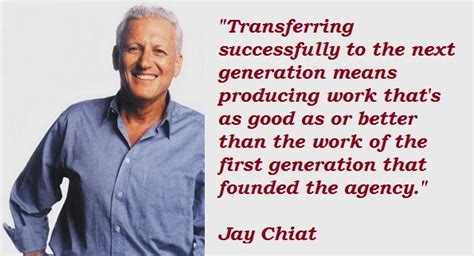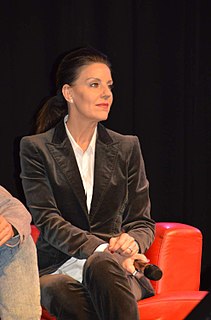A Quote by Alex Berenson
With 950 reporters and 79 bureaus, Bloomberg competes to break news with Dow Jones, Reuters and Bridge News along with newspaper Web sites, dozens of smaller Internet sites, and even gossipy chat rooms.
Related Quotes
I think our primary function is to create the strongest, deepest, most interesting news report there is in the world.And whether it's on the front page of the newspaper or leading the home page doesn't really matter. We reach a huge audience on the Web. And really, you know, the journalists, whether they are reporters or editors or Web producers or multimedia specialists, we're all creating, you know, the journalism that is the bedrock of our news report. And that's true for the newspaper, the Web, our apps, and you name it.
I'm on it pretty much all the time. I edit Wikipedia every day, I'm on Facebook, I'm on Twitter, I'm reading the news. During one of the US elections, I actually went through my computer and I blocked myself from looking at the major newspaper sites and Google News because I wasn't getting any work done.
I'm confused about who the news belongs to. I always have it in my head that if your name's in the news, then the news should be paying you. Because it's your news and they're taking it and selling it as their product. ...If people didn't give the news their news, and if everybody kept their news to themselves, the news wouldn't have any news.


































